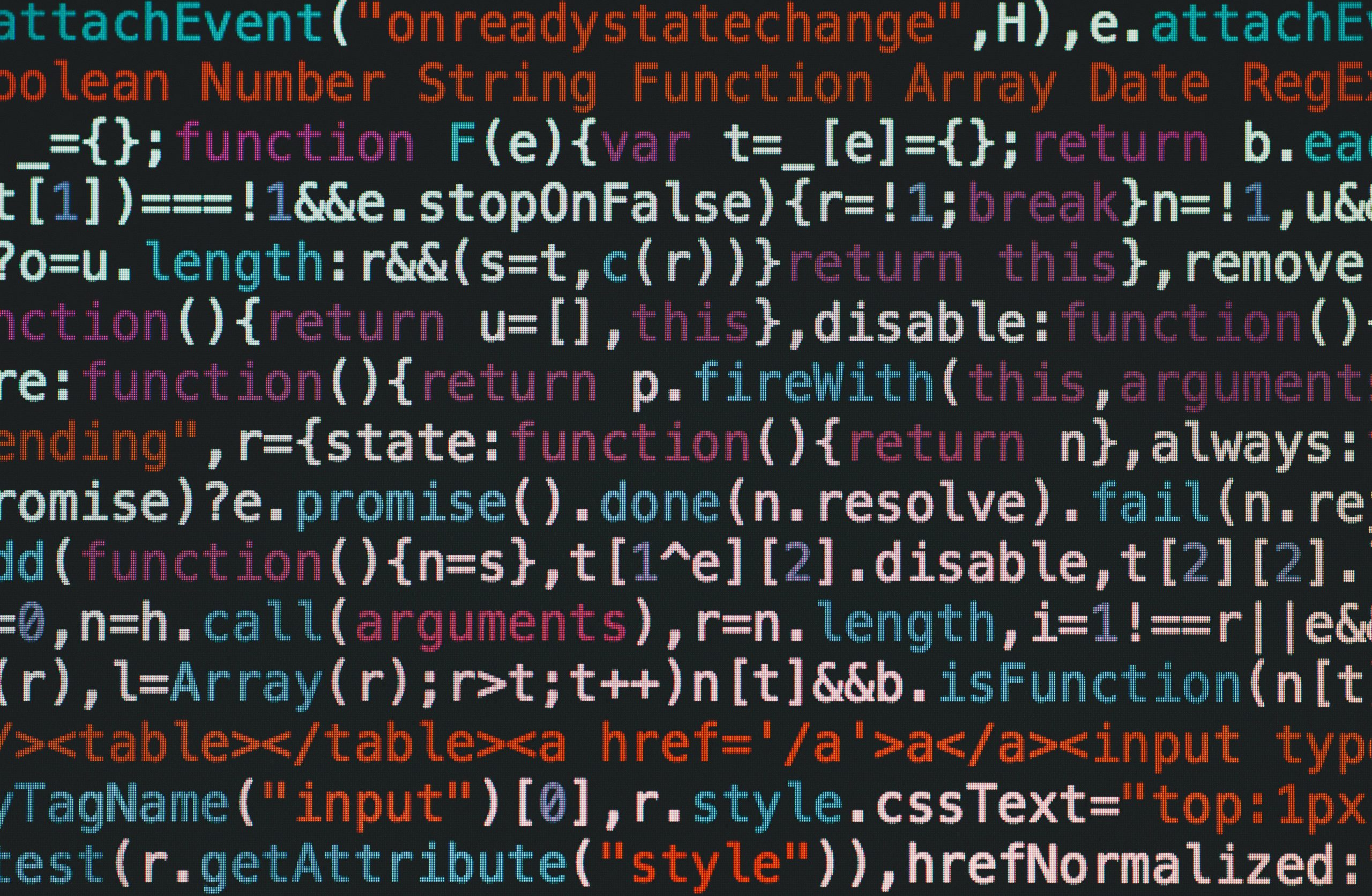Understanding the Legality and Ethics of Recreating Website Templates Using HTML and CSS
When developing websites for clients or personal projects, designers and developers often seek inspiration from existing templates. A common question that arises is whether it is legal and ethical to purchase a template—such as a WordPress theme—and then recreate its design or specific elements from scratch using HTML and CSS for use on a custom website.
This article explores the legal considerations, ethical implications, and best practices associated with this approach, helping you make informed decisions in your web development projects.
Legal Considerations
-
License Agreements:
Most website templates are distributed under specific license terms. Many commercially purchased themes come with licenses that specify how the template can be used, modified, or redistributed. It is essential to carefully review these license terms to determine whether recreating design elements aligns with permitted usage. Some licenses restrict modification or resale, while others may allow more flexibility. -
Intellectual Property Rights:
Templates often include copyrighted design elements, graphics, and code. Recreating a template’s unique design elements without permission might infringe on the original creator’s intellectual property rights, especially if the recreated design is substantially similar to the original. -
Derivative Works:
In legal terms, reproducing or modifying a template might be considered creating a derivative work. The legality of such modifications depends on the license and local intellectual property laws. When in doubt, consulting legal counsel is advisable.
Ethical Considerations
-
Respect for Original Creators:
Ethically, designers and developers should respect the effort and creativity of template creators. If you find a template that fits your needs, purchasing it to support the developer is commendable. Recreating major design elements could be viewed as undermining their original work, especially if the goal is to produce an indistinguishably similar design. -
Purpose and Disclosure:
If your intention is to learn or understand the design, recreating elements for personal educational purposes is generally acceptable. However, using the recreated elements in a commercial project that closely resembles the original template without modification or acknowledgment can raise ethical concerns. -
Offering Unique Value:
To maintain ethical standards, consider adding your own branding or unique modifications when recreating design elements. This approach demonstrates respect for original work while leveraging the inspiration to create something uniquely yours.
Best Practices
- Review License Terms: Always check the license associated with any purchased template before making modifications or recreations.
- **Create Original

